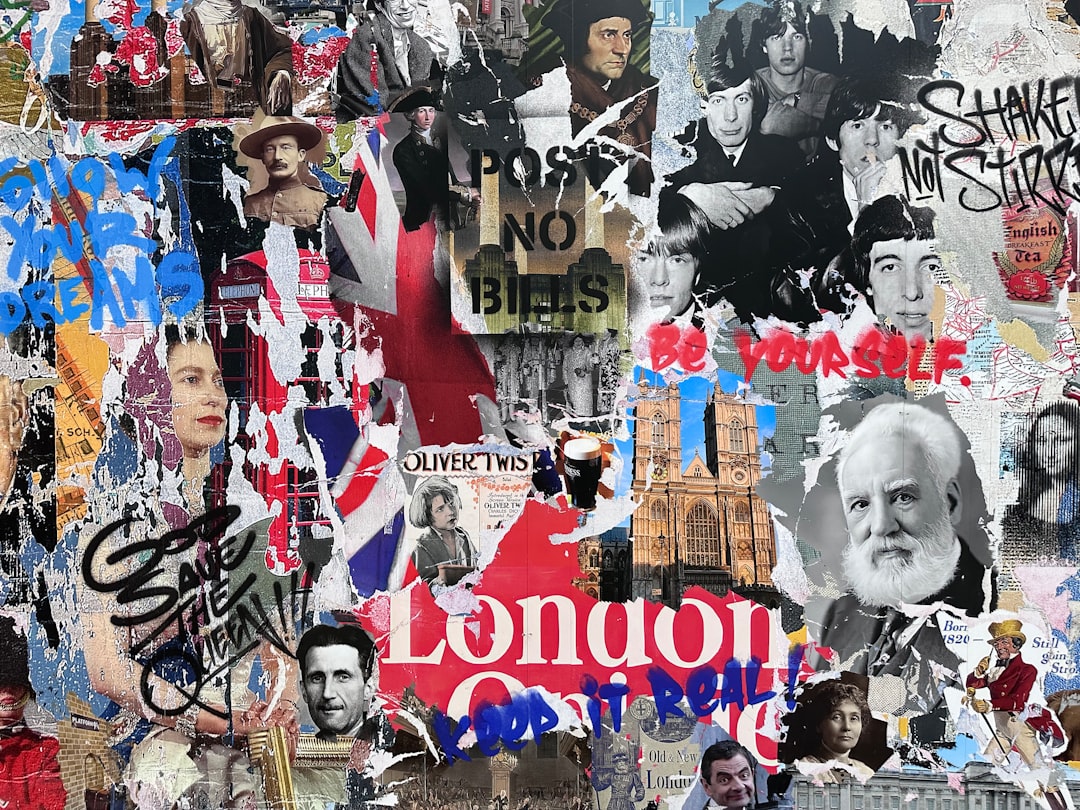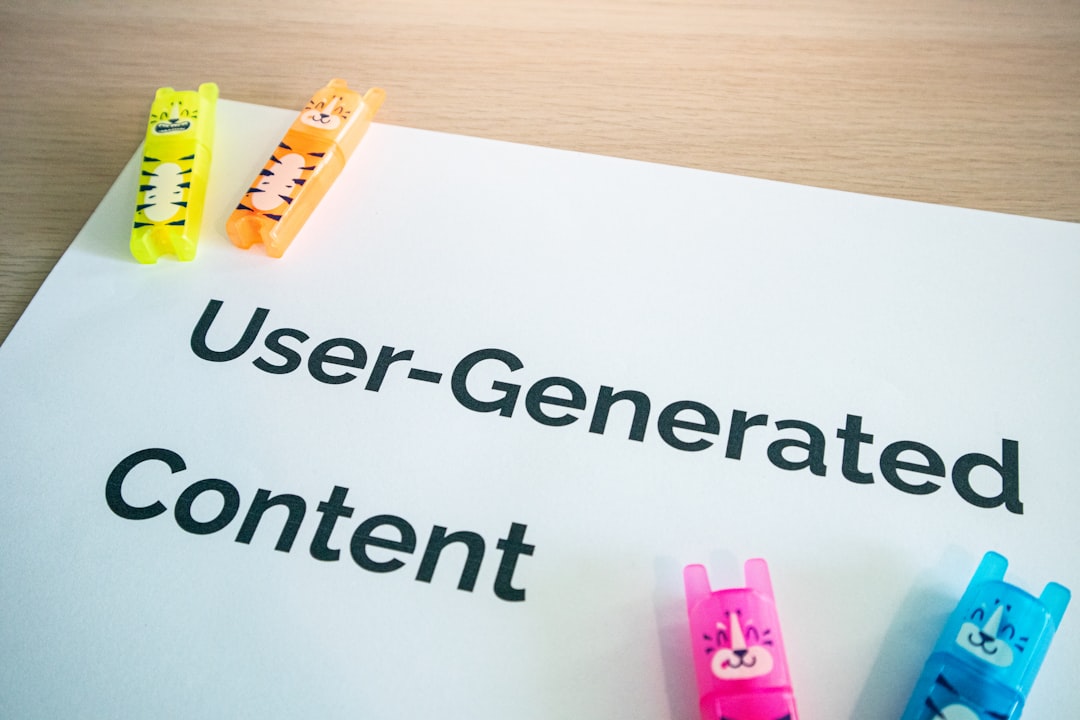Virtual Influencers: The Future of Marketing in 2025
In a world dominated by digital interaction, AI-generated influencers are transforming marketing in the U.S. By 2025, brands must embrace this shift or risk being left behind. This post explores the impact of virtual personas on marketing strategies and offers insights for brands looking to adapt.
Why Embracing AI Influencers Matters
- 24/7 availability: AI influencers provide brands with a constant online presence.
- Scalability: Brands can create as many influencers as needed, without human resource limitations.
- Platform Integration: These influencers seamlessly integrate with platforms like TikTok Shop, enhancing shopping experiences through engaging content.
Leveraging AI Influencer Insights
Brands can capitalize on AI-generated influencers by rethinking their marketing approaches. These digital entities create unique content that resonates with diverse audiences while maintaining consistent engagement. Moreover, leveraging AI influencers can lead to cost savings on traditional influencer partnerships.
However, brands must also consider potential challenges. The authenticity of AI influencers may be questioned. Organizations must ensure that their use aligns with their brand values. Building trust remains crucial—audiences may connect more with human-like characteristics than with purely digital personas.
What’s Next for AI in Marketing?
As AI-generated influencers grow in popularity, brands must adapt quickly to stay relevant. Future trends may include advanced personalization and sector-specific campaigns driven by data analytics. To stay ahead, brands should explore ways to integrate AI influencers into existing marketing strategies and embrace innovative technologies.
Incorporating AI influencers now can position brands as forward-thinkers in a rapidly evolving market. It’s time to explore these virtual avatars and find new ways to engage your audience effectively.
Discover Our Latest Insights


AI Influencers: The Future of Digital Marketing

The Rise of Virtual Influencers: A New Era in Social Media Marketing
Ready to reach new heights?
For every 1$ you spend on influencer marketing, your brand earns $5.20 in ROI.
Kickstart your influencer marketing-led social-first advertising strategy.
